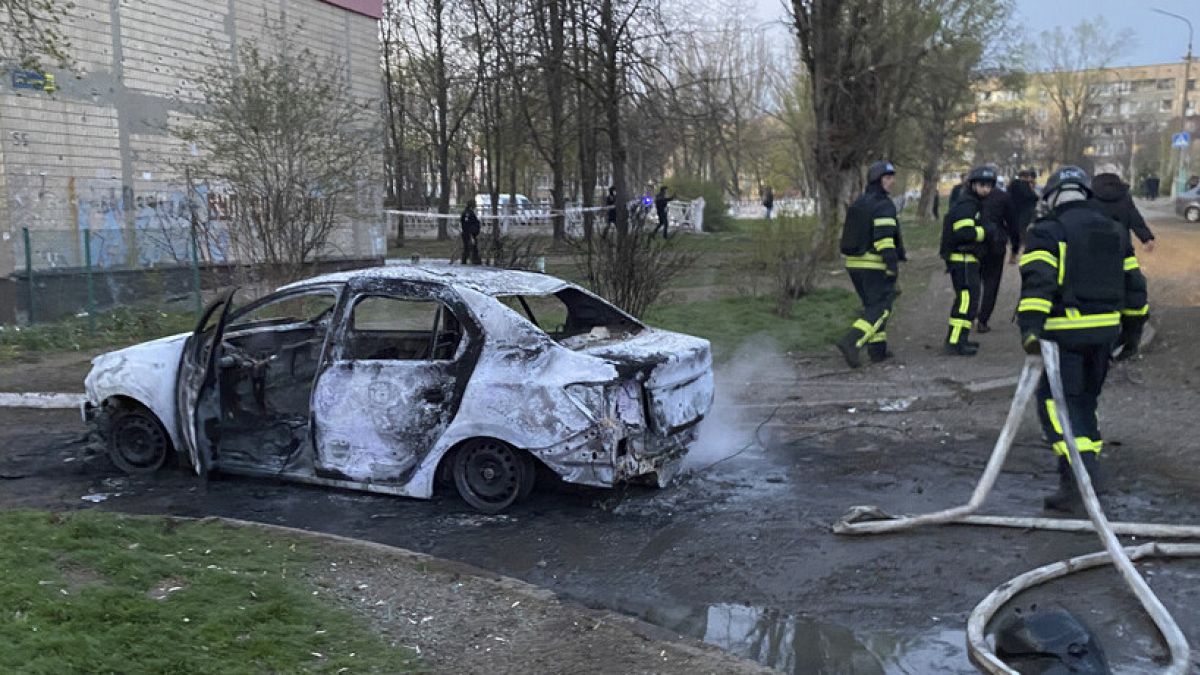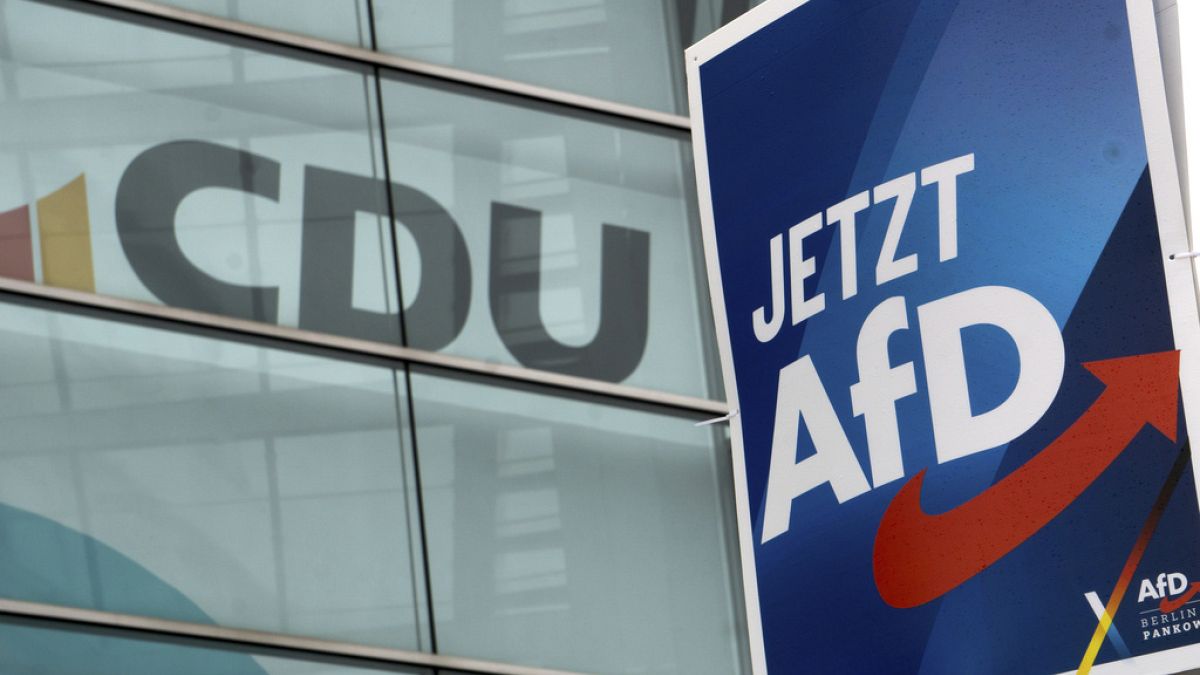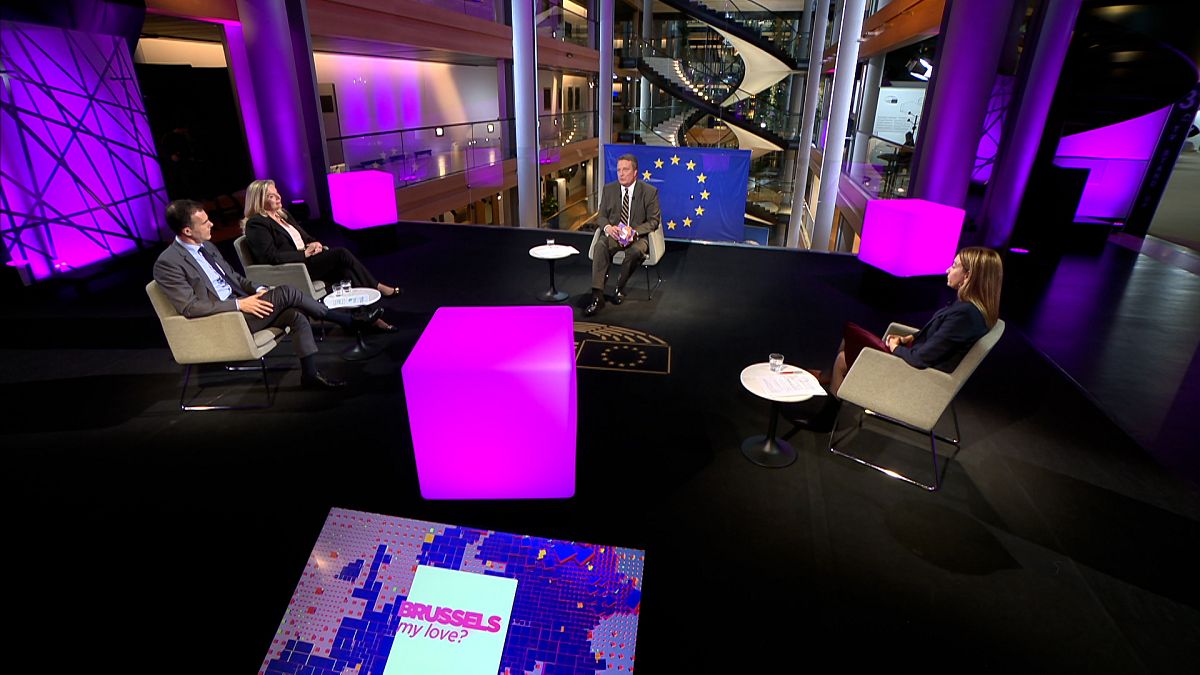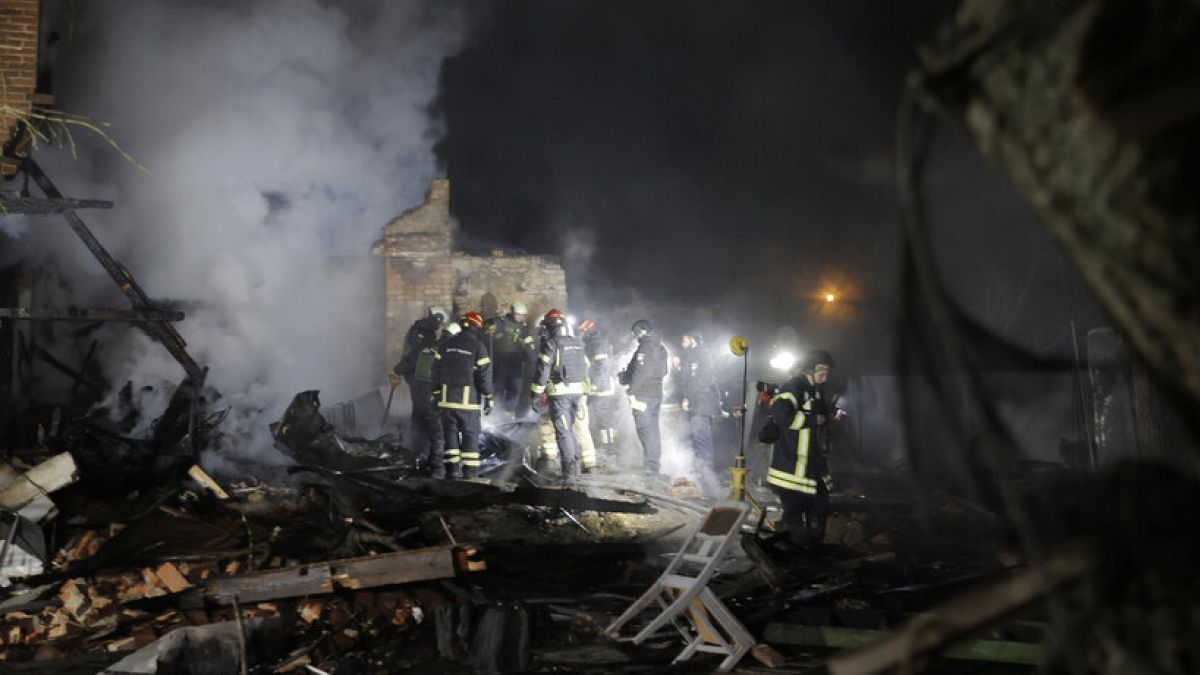Rome anticipates a €17 billion economic boost from the 2025 Jubilee, though experts caution that estimates might be overblown and housing costs could rise.
Jubilee spending and tourism are expected to boost the economy of Italy's capital, but it seems estimates might have been too optimistic.
More than 30 million pilgrims are set to flock to Rome. Nearly one month in, half a million visitors have already passed through the Holy Door of St Peter’s Basilica.
But some have not yet felt the massive influx — and major earnings — everyone is expecting.
Alessandro Galardo owns a bed and breakfast in Rome and is an estate agent. He knows the market well and explains why both the long-term and short-term let sectors are struggling. For the first time, his business has suffered a sharp decrease in bookings.
”Pilgrims don’t usually stay in holiday homes. They tend to choose places where they can be accommodated with other pilgrims and spend much less,” Galardo said.
“Additionally, many visitors who don’t want to be surrounded by crowds and prefer to enjoy the city as it is, have chosen to postpone their visit by a year or two," he added.
"This January 2025, the first month of the Jubilee, bookings have decreased by 60 to 75% compared to last year and previous years.”
It's too soon to tell
The projected turnover for the Italian capital is between €4 and €4.5 billion, and other cities are also expected to benefit. According to data released by Italy’s Ministry of Tourism, the Jubilee is forecast to generate an estimated expenditure of €17 billion in Rome alone.
According to Professor of Economic Geography at Rome's Università La Sapienza Filippo Celata, It’s too early to assess the economic impact of the Jubilee and that forecasts are often exaggerated.
“In general,” Celata told Euronews, “the Jubilee is about driving investments and drawing visitors. In the case of Rome, the city usually takes advantage of these situations to compensate for the lack of ordinary resources to invest in.”
“Despite its religious nature, the whole event is part of a touristification process which is mainly centring around visitors.”
Celata says that major events often come with overestimated projections on visitors and economic impact, adding that it’s possible to draw lessons from previous Jubilees and, in this case, from a report issued by the Bank of Italy on the impact on the economy of 2000 Jubilee.
”We can observe the structural effect of the 2000 Jubilee,” Celata told Euronews, “which is quite similar to this one in how the city of Rome is exploiting this opportunity, as a result, new permanent job opportunities are being created in poorer sectors, along with a rise in housing costs.”
Jubilee for Vatican, renewal for Rome?
A recent study carried out by IZILab and SoloAffitti on the potential effects of tourist consumption during the Holy Year confirms this trend, as one of the authors explains.
Martino Bellincampi, the CEO of IZILab told Euronews that projected rental costs are already climbing.
"In 2023, we already recorded a 13% rise compared to 2022. This year, the forecast is for an increase of up to 17%. This occurs in an already complicated housing market,” Bellincampi explained.
"Rome has a limited availability of rental properties, and interventions by public bodies are not enough to solve the issues.”
Although prices are set to increase, it's not yet a sold-out situation. While the availability of properties for long-term rentals is limited, as many are used as holiday homes, most remain empty.
The same applies to hotels. In a recent interview, the president of Federalberghi, the Italian federation of hoteliers, Bernabò Bocca, said that tourist arrivals are expected to pick up again in March. However, he estimates the overall number of arrivals will remain the same as in 2024.
But the question for Rome — a city that has long struggled with overtourism and poor local governance — is whether the 2025 Jubilee will be remembered as a missed opportunity for renewal for the Italian capital.

 2 months ago
37
2 months ago
37






 We deliver critical software at unparalleled value and speed to help your business thrive
We deliver critical software at unparalleled value and speed to help your business thrive






 English (US) ·
English (US) ·